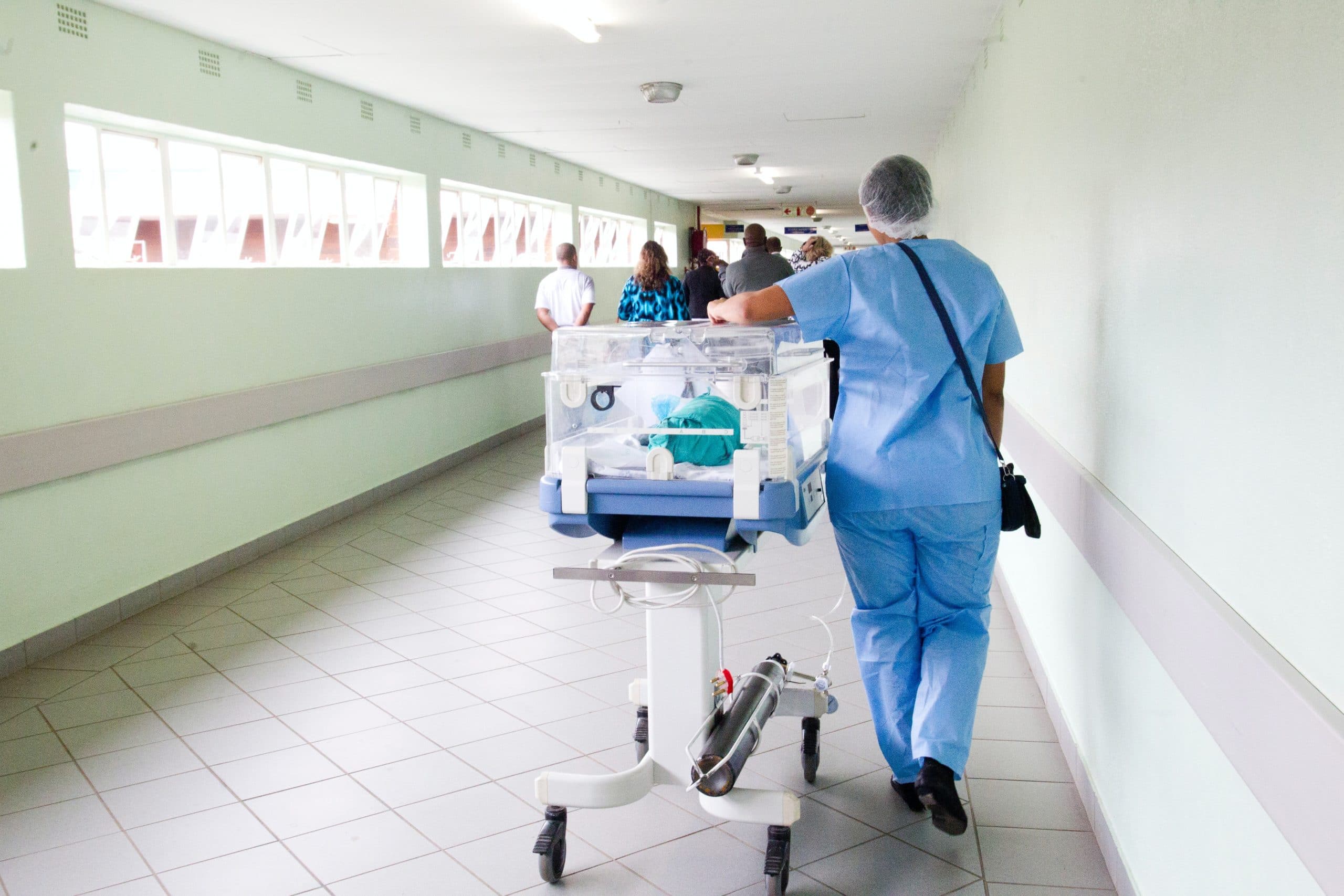Kenya’s Health Ministry has signed a financial agreement with France providing for a €32.2 million loan to improve equipment in some 30 hospitals across the country. FSE, which specializes in the implementation of biomedical and laboratory equipment projects worldwide, has been selected to deliver, install, commission and maintain the equipment and to train staff on site, in partnership with Kenyan firm Medionics.
Besides helping a third country to develop its infrastructure, the idea behind these soft loans is to create new opportunities for French firms in the export market. Thus, FSE is required to award at least 70% of the contract to French firms. “We are the driving power behind the project,” says Raphaël de Tramasure, Associate Director of FSE Group. “We are helping dozens of French firms break into the export game, some of which had no previous experience of the Kenyan market. It’s a huge opportunity for them.”
The project consists of two parts. The first addresses the Covid-19 pandemic, and the second aims to improve maternal and child healthcare in the north-western region of the country.
“It’s a fantastic project that showcases French expertise in two high-visibility areas that are a top priority for the Kenyan Ministry of Health,” says Raphaël de Tramasure, Associate Director of FSE Group
To fight Covid more effectively, intensive care units in 28 hospitals across the country are going to be upgraded. They will be provided with monitoring devices, intensive care beds, syringe drivers and infusion pumps, as well as medical imaging equipment (such as mobile X-ray machines and ultrasound machines), 20 oxygen production units, waste management (reduction and decontamination) systems, ventilators, emergency respirators, and PCR tests.
As regards maternal and child healthcare, “the priority is to improve all the mother and child mortality ratios,” explains Raphaël de Tramasure. The Moi Teaching and Referral Hospital in Eldoret, in North-West Kenya, as well as ten or so provincial hospitals in the surrounding area, will be provided with incubators for premature babies – who hitherto have received little or no treatment – along with state-of-the-art neonatal equipment (such as heat lamps, scanners, instruments, and better operating tables).
An extensive three-year medical training program run by AP-HP International, and to a large extent by Robert Debré Hospital, is also on the way. Professors and physicians specialized in neonatology will travel regularly to Kenya to deliver training modules to local staff.



